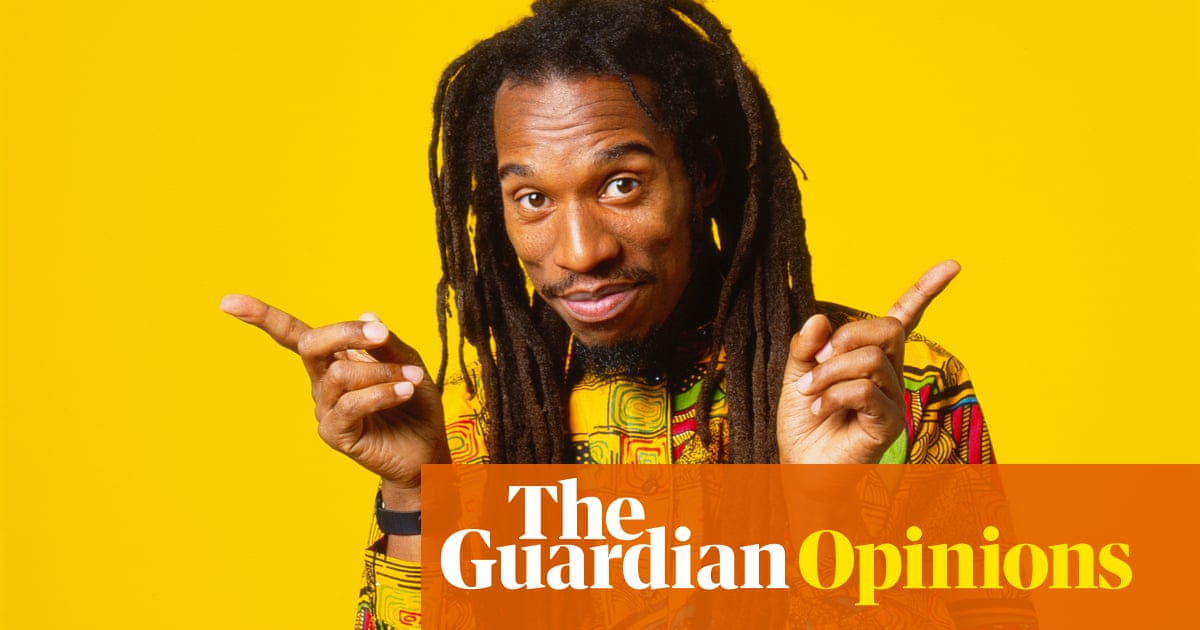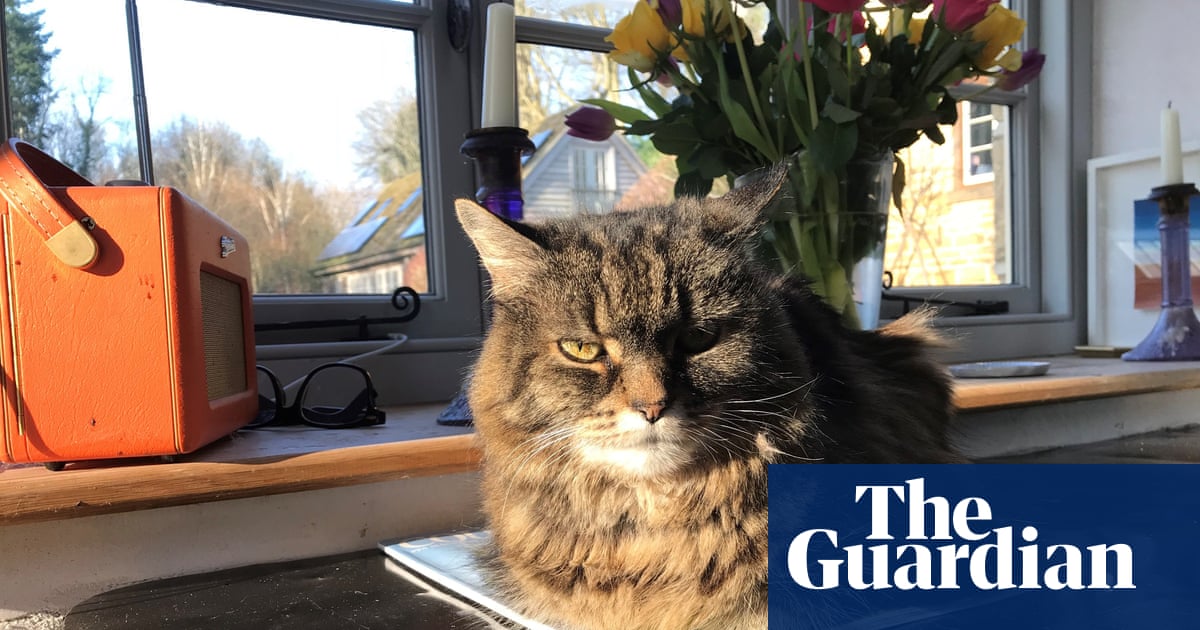
Respect for your elders is a pillar of Blackness. This means that in most – if not all – African communities, whether continental, in the Caribbean or in the diaspora, it is somewhat offensive to speak to an elder as you would a peer. For example, it can be disparaging to refer to an elder on a first-name basis. It would also be wise not to use the word “elder” lightly, and to distinguish between elders and people who are just older than you. Elders bring things to the table. They share the wisdom that their years have granted them, nurture the young, insist on better behaviour, find ways to continually improve the community and demonstrate their love. Respect is the bare minimum; reverence is the more appropriate honour.
Benjamin Zephaniah was an elder. A truly beloved and learned elder. This is despite the fact that, at 65, he was actually still very young, looked even younger and, based on appearance and his continued sporting activity (such as football and martial arts), could not have been physically fitter.
In speaking to him, as I was lucky at times to do – deep and lengthy conversations that I’ll never forget – I never felt comfortable calling him “Benjamin”. It felt disrespectful. He had more than earned his esteemed title of “Uncle”, yet before I could honour him with it, he proactively turned it down. “I hate it when people who are not my nieces and nephews call me Uncle, I can’t stand it. I’m just a brother like everyone else,” he said with his customary matter-of-factness.
How foolish, then, it was for the British state to offer this man an official “honour”. Benjamin’s famous rejection of an OBE in 2003 wasn’t some empty act of anti-establishment posturing. It came from a profound place of love for humanity, historical awareness and an understanding of exactly who he was. His clear-eyed integrity was not for sale and certainly would not be exchanged for a little facetime with a monarch and a gong. He was very aware of the fact that appending the word “empire” to his name would only sully his name. In his own passionate words: “OBE means Order of the British Empire. MBE is Member of the British Empire. I’ve been fighting against empire all my life, I’ve been fighting against slavery and colonialism all my life. I’ve been writing to connect with people not to impress governments and monarchy. So how could I then go and accept an honour that puts the word empire on to my name? That would be hypocritical.”
Benjamin did more for modern Britain than any monarch whom he would have had to kneel before. The muscular multicultural Britain that we enjoy today (and that many establishment figures despise) owes a great part of both its muscularity and multiculturalism to Benjamin’s fearless work. His poetry expanded the very concept of what it meant to be a poet in Britain. He worked tirelessly to support, nurture and platform young, up-and-coming poets, such as through his Bafta award-winning Sky Arts show, Life & Rhymes. But the ramifications of his poetry went well beyond the arts. It left a deep impression on the political landscape. Anti-racist thinkers and radical Black satirists owe him a debt of gratitude for pieces such as The Race Industry, one of my favourite Zephaniah poems, in which he acidly takes aim at the eponymous “industry” of official race relations. “The coconuts are getting paid / men, women and Brixton are getting betrayed,” he rhymed. Ironically, and worryingly, reciting this very poem today might well earn you a hate crime conviction.
His support for Black writers was paramount and unwavering. When the Black Writers’ Guild was launched in 2020, Benjamin offered his reasons for supporting the then new organisation in the Guardian: “I might be old. I might be history myself. But I am trying to play my part in the creation of the Black Writers’ Guild, to make sure our history is told by us, and our future is visualised by us. I won’t plug my book, Windrush Child. I’ll just quote my friend and fellow poet Linton Kwesi Johnson, who said: ‘It is noh mistri / Wi mekkin histri.’ Now translate dat.”
As an intellectual, Benjamin always brought sound reasoning and compassion – all drenched in radical Black liberation tradition – to the table. He butchered hypocrisy, double standards, vice, folly and high-level criminality. But seeing him with his often-criminalised appearance – dark Black skin, long dreadlocks, an un-groomed beard, complete with his identifiably working-class speech pattern – sparring with and getting the better of the great and the good, the establishment, was affirming and inspiring.
He was a human library, a poet’s poet, an activist of the highest order, a man with a voice who wasn’t scared to use it and used it super-effectively. A man who bettered and brightened up our nation. Millions, especially I, will for ever miss his words, wit, wisdom, prose, unapologetic and forthright Blackness and his bottomless generosity.
Benjamin is now an ancestor, one whose work has been enjoyed and studied by generations and will be enjoyed for many generations to come. He rests in power, peace and, of course, poetry. When Black Britons finally find a mountain worthy of chipping the beautiful faces of our greats on to it, our own Mount Rushmore if you may, Benjamin’s face will be there. But parts of me cannot help but wonder if that, too, is an honour he would robustly reject.
Nels Abbey is a writer, broadcaster and former banker












